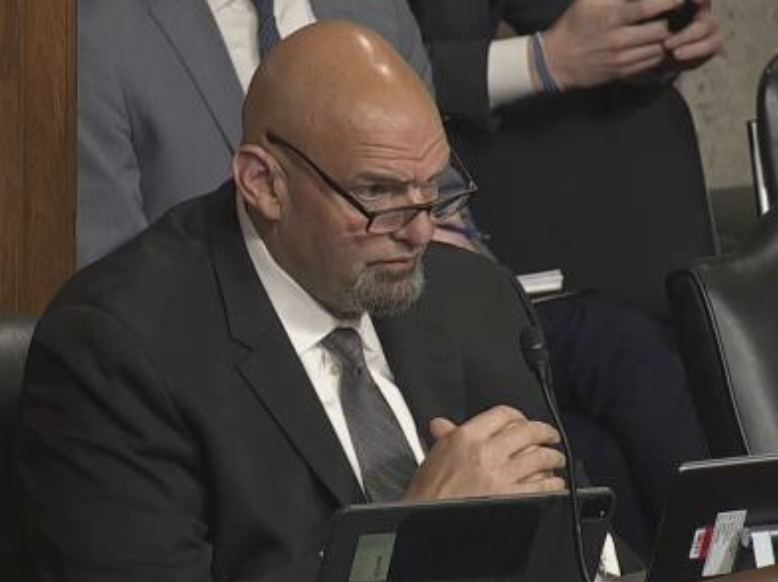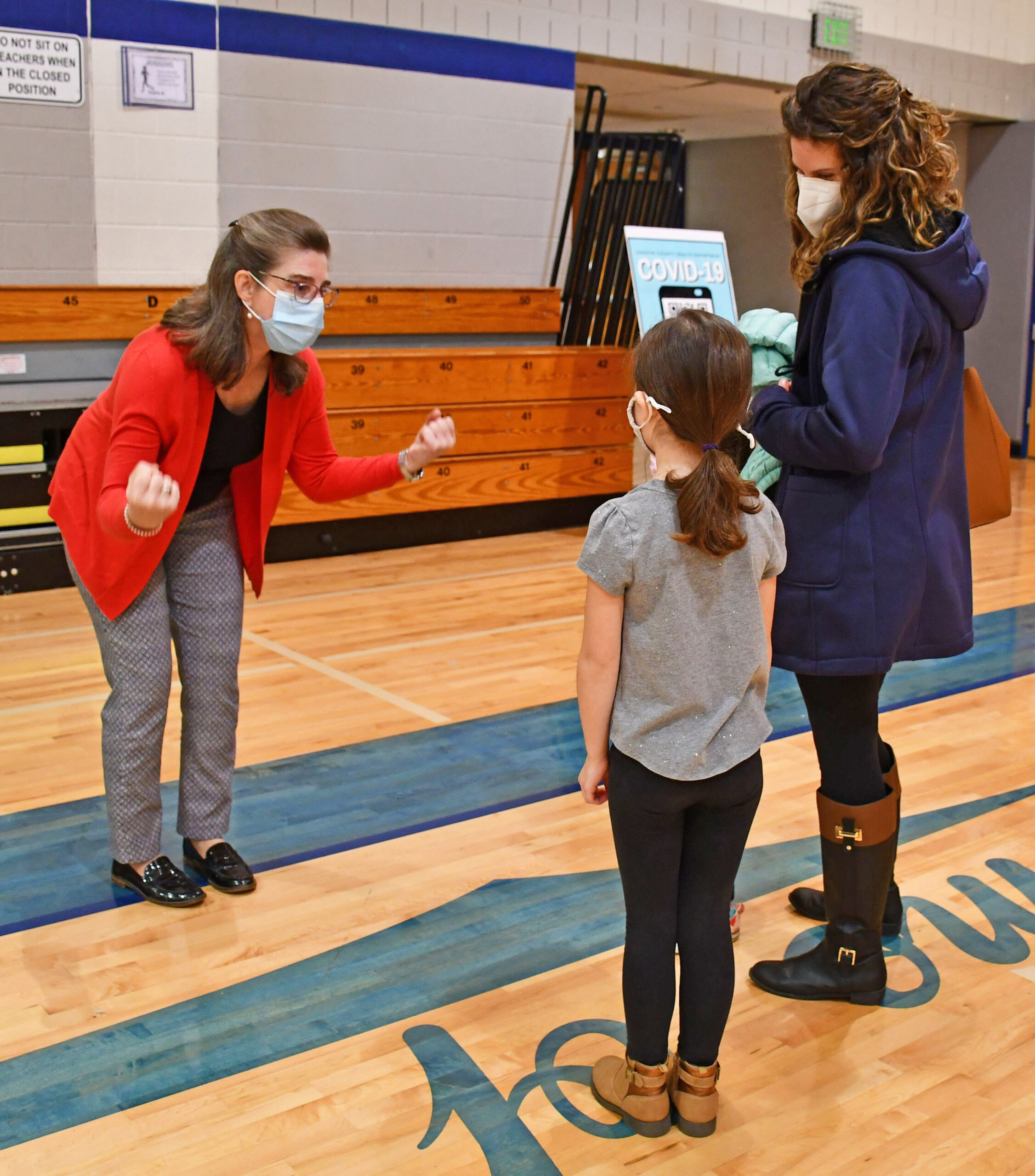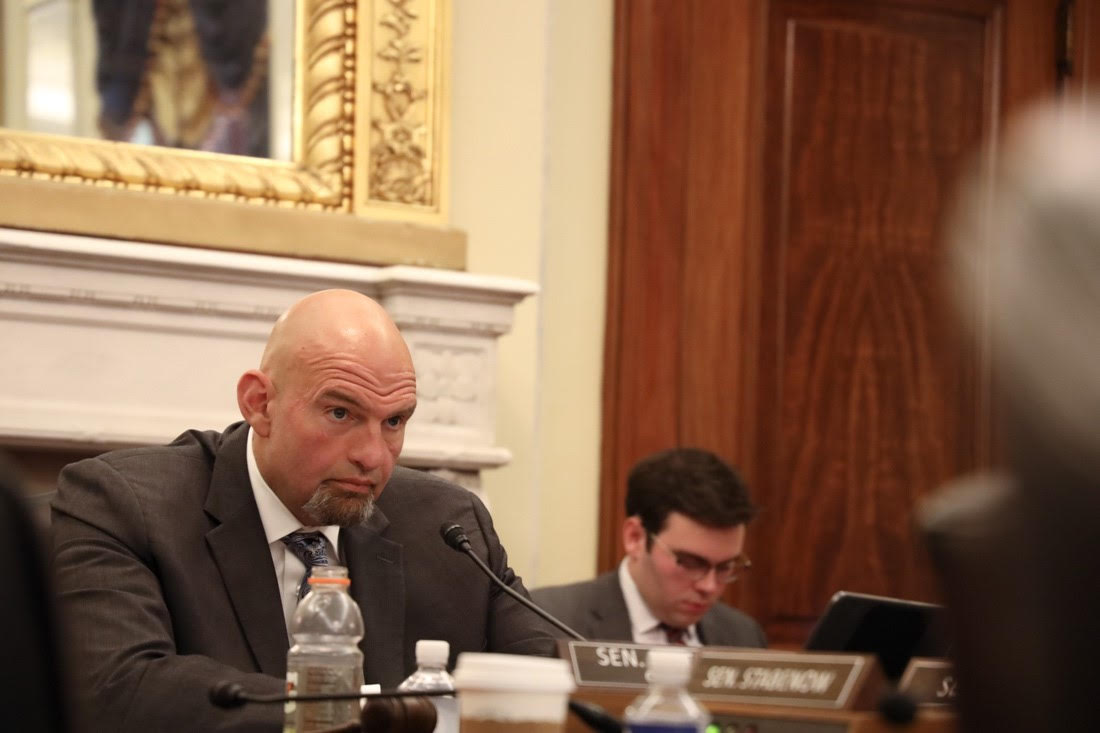LEVENTHAL: The Ineffective Paternalism of Soda Taxes

Attempts to control what consumers choose to consume are frequent, but taxing sugary drinks to push people to make healthier choices has been a more regular one. However, this paternalistic instinct has repeatedly failed to achieve its health goals. Instead, it imposes a regressive tax without improving people’s health and can even drive small grocery stores out of business.
More than 100 countries tax sugary drinks, which means for 51 percent of the world’s population, their soda is artificially more expensive. Despite it being a common practice, there is little evidence of health gains and strong evidence it hurts the local economy, especially lower-income households. Even in the face of limited benefits and large harms, many local governments in the United States have imposed sweetened beverage taxes. Even the World Health Organization recommends taxing sweetened drinks.
Like most “sin taxes,” soda taxes tend to fall on the poorest people the most heavily. Lower-income homes spend a larger proportion of their income on groceries, including sugary drinks. Thus, the tax takes a larger portion of their income. In 2015, came from households earning $50,000 or less annually. For reference, the average household income that year was $56,000. Close to half of the burden of a sugary drink tax would fall on the poorest consumers.
Philadelphia’s finance director acknowledged before it was passed that the soda tax would be regressive and hit poor neighborhoods the hardest.
Studies on the health effects of taxing sweetened drinks haven’t shown promising results. In Philadelphia, the reduction in consumption of sugary drinks was negligible. Instead of drinking less, people shopped somewhere else for soda to avoid the tax, drastically limiting its health effects. Mexico’s soda tax reduced calorie intake by less than 7 calories daily. The same effect happened in Denmark when it attempted to impose sin taxes on sugar, salt and fat. People started shopping in Germany and Sweden instead. Consumers are inevitably left with neighboring jurisdictions or other sweet drinks.
Soda taxes imposed on Philadelphia, Mexico and Denmark had unanticipated effects. In Philadelphia, the tax cost grocery stores $300,000 daily. According to one study, shoppers found it more convenient to buy their groceries in the neighboring communities while they were buying their soda, so sales of products other than sweetened drinks fell — but rose in neighboring communities. This cost Philadelphia 1,192 jobs, $80 million in economic output and $55 million in worker income. One grocery store owner blamed the tax for why it had gone out of business.
The effects in Mexico were more drastic. One estimate found that the tax forced 30,000 businesses to close, with 50,000 jobs lost, not including the soft drink industry itself and agricultural jobs that supported it. Denmark abolished its sugar, salt and fat tax because they lost 5,000 jobs due to it.
By 2019, sugar consumption in the United States consistently dropped from its peak in 1999. Consumers are already choosing to switch at the speeds that best meet their needs and desires. This trend is likely to continue as Gen Z consumers actively avoid sugar at just over twice the rate of Millennials. As consumers become more informed about the health risks of any activity, their behavior changes.
Instead of trying to control consumers, we should keep informing them of the health risks and healthier options they have, then let consumers continue to switch to less sugary drinks as best fits their lives.








